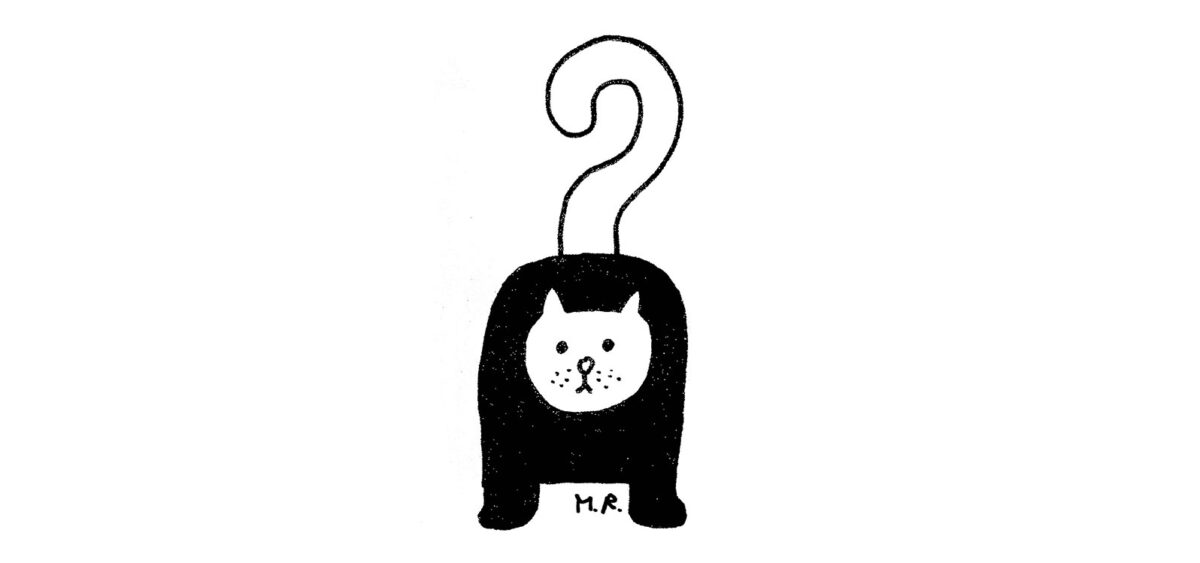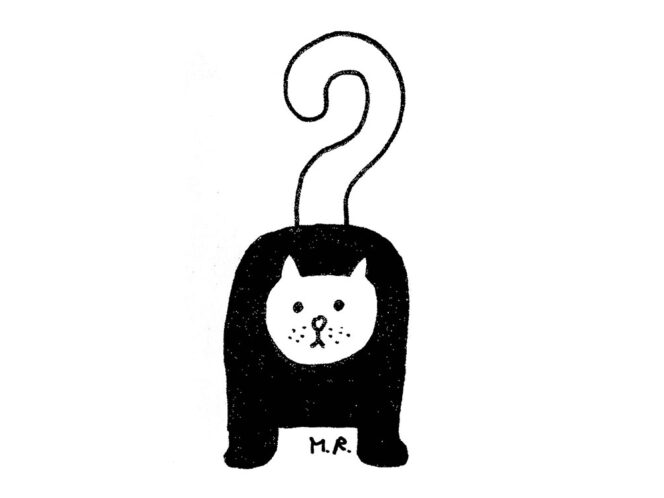
Midway through our life’s journey, we begin to feel the weight not only of our own lives, but also of those we have not lived. Maturity comes when we cease to deny our own finitude.
It is a sunny day in June and I am sitting in a room on the ground floor. From outside the window comes the twitter of birds. All the local starlings have come flying down to eat the cherries from the trees that grow in front of the house. There has not been much time to enjoy the sight (and the taste) of the beautiful fruit. A ripe cherry is a fruit whose time is coming to an end. It will be no bigger, nor more lovely—it is whole and perfect. There is nothing to be added. Nothing can happen to it anymore.
Decline in the Afternoon
But people? With people it’s completely different. When it seems they’ve reached the peak of their potential in life, somewhere between their fortieth and fiftieth year, they do not speak of fulfillment, rather, they run into a mid-life crisis. In his short essay “The Stages of Life,” Carl Gustav Jung compares the paths of human destiny to the course of the sun throughout the day. First it rises. This is a period of becoming rooted in the world, building one’s position, determining one’s significance. One’s greatest task is to climb higher and higher. This is not simple; not everyone has the strength








